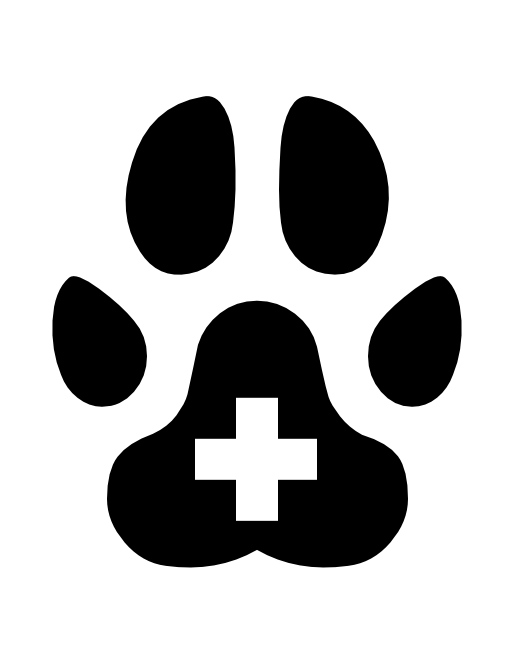HYDERABAD:
India’s first vaccine for bluetongue disease that is increasingly afflicting sheep and goat population across the country was launched by the veterinary biological company Indian Immunologicals Ltd here today.
Bluetongue is a viral disease, which has about 24 viral strains prevalent across the world.
However, in India, only five strains are mostly prevalent, but its incidence in the cattle population is increasing.
“The incidence rate (of this disease) is estimated at 50 per cent of the sheep and goal population in India, with the mortality rate touching almost 30 per cent. India has about 200 million sheep and goat population,” said K V Balasubramaniam, Managing Director of IIL, an arm of the National Dairy Development Board.
The incidence of this disease is much higher compared to other susceptible species, including camels, with several outbreaks reported from the sheep belt in southern and western States. There is no preventive mechanism till date and routine drugs are used for treatment.
The symptoms include fever and blue tongue.
Affordable pricing
IIL developed this vaccine in collaboration with Indian Council of Agriculture Research and Tamil Nadu University of Veterinary and Animal Sciences.
“We took about three years to develop this vaccine. Although we are the first to come out with this vaccine, we still have kept the price at an affordable ₹5 per dose,” he told mediapersons here.
India would require about 60 million doses to vaccinate the vulnerable sheep and goat population.
IIL has developed the capacity to produce this requirement at its Hyderabad facility, which produced the first batch of three million doses.
The vaccine is given to four-month-old cattle population, followed by a booster dose three months later and one dose every year from then.
New Zealand unit
The company set up its New Zealand arm last month to produce bovine serum used for making vaccines.
“The new subsidiary (in New Zealand) will start commercial production by mid-2015 with a capacity of 300 tonnes per annum. We require about 200 tonnes for our vaccine making capacity. We will export the rest,” Balasubramaniam said.
Source:Internet

